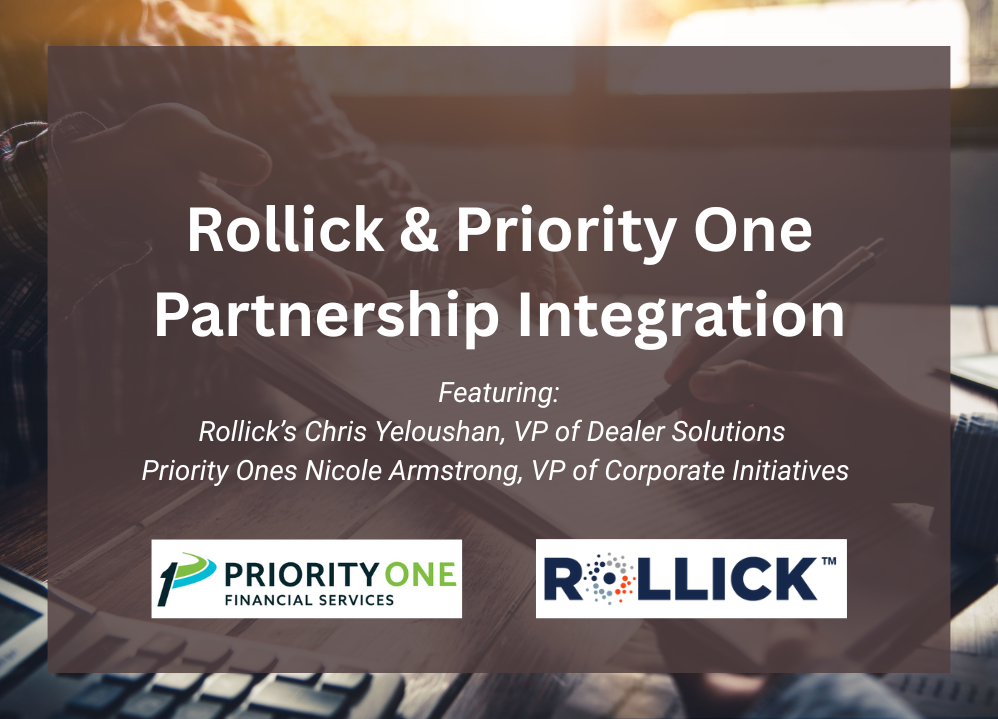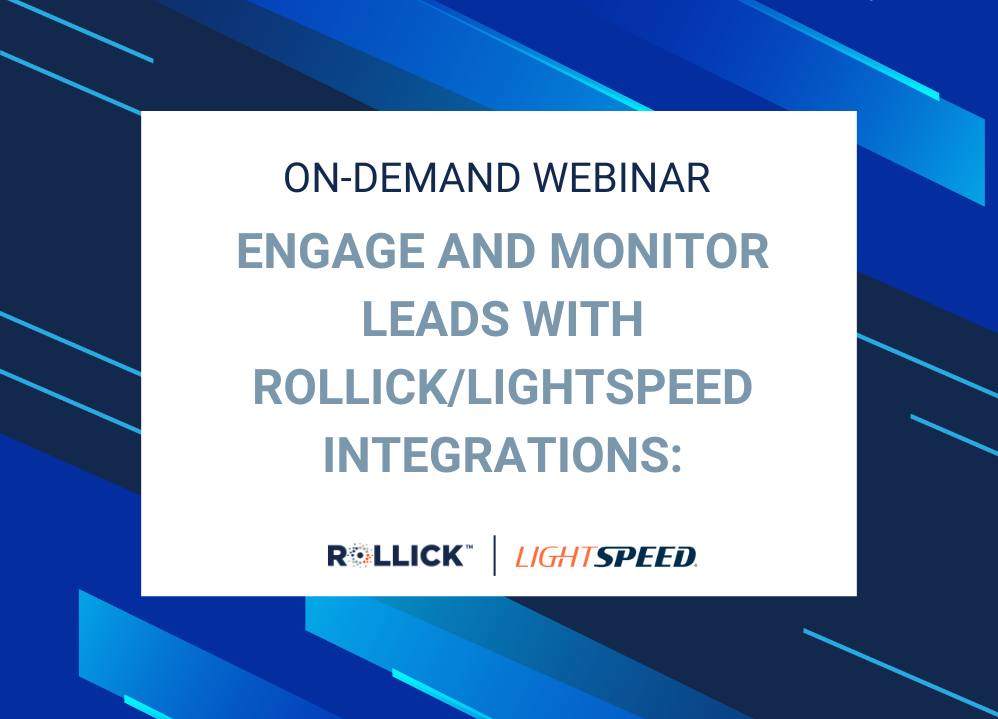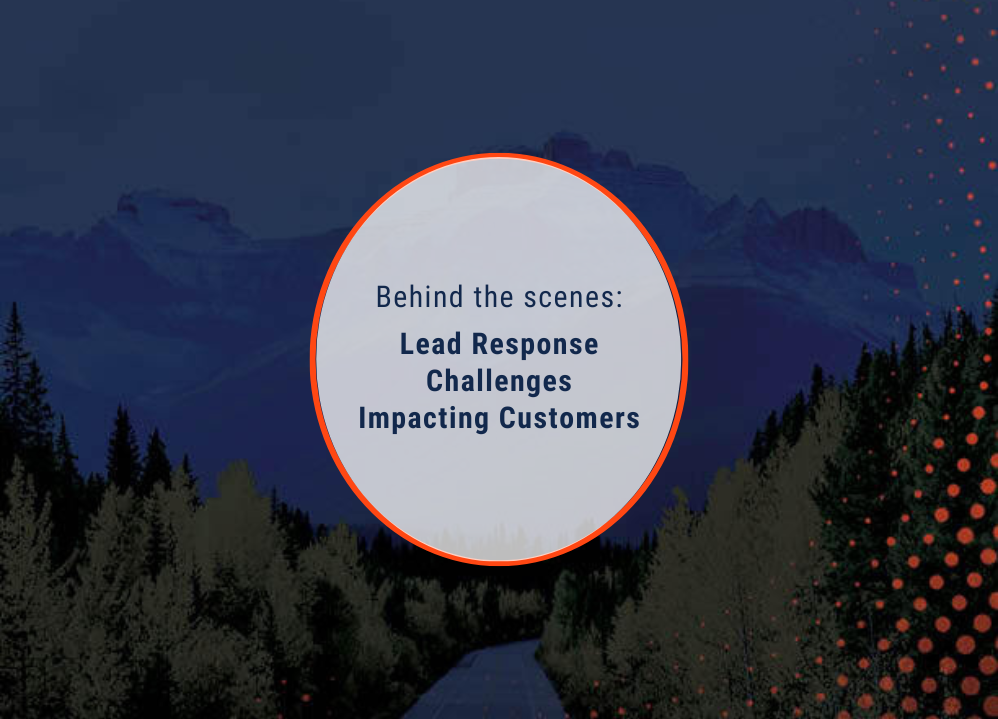Swift lead response is crucial in the recreational equipment industry, significantly impacting sales performance. This post examines the critical impact of rapid lead response and its correlation with improved sales outcomes. By exploring the role of technology in streamlining lead management, uncovering the link between rapid lead response and customer satisfaction, and detailing actionable strategies for integrating speed-to-lead principles, this article aims to provide practical insights for modern dealers.
Technology’s Role in Speed to Lead Response
In the recreational equipment industry, leveraging technology is paramount to achieving rapid lead response and driving improved sales outcomes. Industry-specific tools and platforms are pivotal in streamlining lead management and response processes, ultimately enhancing the overall customer experience. Here’s a closer look at the correlation between technology adoption and its impact on sales performance: CRM Systems and Lead Management Platforms: Implementing robust Customer Relationship Management (CRM) systems and lead management platforms enable dealerships to capture, track, and respond to leads in real-time. These tools provide a centralized lead information database, ensuring sales teams can promptly follow up with potential customers.
Marketing Automation Solutions: By utilizing marketing automation solutions, dealerships can automate lead nurturing processes, delivering personalized and timely communications to prospects. This accelerates the lead response time and enhances the quality of interactions, leading to higher conversion rates. Communication and Collaboration Tools: Integration of communication and collaboration tools, such as instant messaging platforms and video conferencing software, facilitates seamless internal communication within the dealer. This ensures sales teams can quickly coordinate and respond to leads, further expediting the sales cycle. Adopting these technology-driven solutions accelerates lead response times and contributes to a more efficient and effective sales process.
Customer Satisfaction and Loyalty Through Swift Follow-Ups
Rapid lead response impacts sales performance, and fosters heightened customer satisfaction and loyalty within the recreational equipment industry. Here’s a closer look at the correlation between swift follow-ups and customer loyalty: Building Trust and Credibility: When dealers promptly respond to leads, it conveys a sense of attentiveness and professionalism to potential customers. This proactive approach builds trust and credibility, laying a solid foundation for lasting customer relationships. Enhanced Customer Experience: Swift follow-ups enhance customer experience, demonstrating that the dealer values the prospect’s time and interest. This positive interaction leaves a lasting impression, increasing the prospect’s likelihood of choosing the dealer for their recreational equipment needs. Driving Repeat Business: Heightened customer satisfaction resulting from rapid lead response often translates into repeat business. Satisfied customers are more likely to return for future purchases and recommend the dealer to others, contributing to long-term customer loyalty and advocacy.
Implementing Speed-to-Lead Strategies in Dealers
Integrating speed-to-lead principles into dealer operations is essential for optimizing lead response times and maximizing sales performance. Here are actionable strategies for implementing speed to lead: Automated Lead Routing: Implementing automated lead routing ensures that incoming leads are promptly assigned to the appropriate sales representative based on predefined criteria, such as location or product interest. This streamlines the lead distribution process, minimizing response delays. Establishing Response Time Standards: Setting clear response time standards, such as responding to leads within 5 minutes of initial contact, creates accountability and a sense of urgency among sales teams. This proactive approach significantly enhances lead response times. Training and Process Optimization: Providing comprehensive training on effective lead management and response techniques equips sales teams with the necessary skills to engage with leads promptly. Additionally, optimizing internal processes to prioritize lead response fosters a culture of responsiveness within the dealership.
Measuring Success: Key Metrics and Performance Indicators
Evaluating the effectiveness of speed-to-lead strategies in modern dealers requires a keen focus on key metrics and performance indicators. Here are essential metrics for measuring success: Lead Response Time: Tracking the average lead response time provides insight into the dealer’s ability to engage with potential customers promptly. The industry benchmark for lead response time is often set at 5 minutes or less, reflecting the urgency of timely lead follow-ups. Conversion Rates: Monitoring conversion rates from leads to sales offers valuable insights into the impact of rapid lead response on the overall sales pipeline. An increase in conversion rates signifies the positive influence of swift follow-ups on sales performance. Customer Satisfaction Scores: Gathering customer satisfaction scores and feedback following lead interactions helps gauge the quality of customer engagement resulting from rapid lead response. High satisfaction scores indicate a positive correlation between swift follow-ups and customer satisfaction.
Adapting to Evolving Customer Behavior and Market Dynamics
Evolving customer behavior and market dynamics significantly influence lead response strategies in modern dealer settings. Here are adaptive approaches for staying ahead of the competition: Omnichannel Engagement: Embracing omnichannel engagement allows dealerships to interact with potential customers across various touchpoints, including social media, live chat, and email. This adaptive approach aligns with evolving customer preferences for seamless and personalized interactions. Data-Driven Insights: Leveraging data-driven insights enables dealerships to anticipate customer needs and preferences, facilitating proactive lead response strategies. By analyzing customer data, dealers can tailor their approach to align with evolving market dynamics and customer behavior. Agile Process Optimization: Agile process optimization methodologies allow dealerships to adapt lead response strategies based on real-time feedback and market shifts. This flexibility ensures that dealerships can proactively address changing customer behavior and market dynamics. The impact of rapid lead response in the recreational equipment industry cannot be overstated. Swift follow-ups drive sales performance and foster heightened customer satisfaction and loyalty. By integrating speed to lead principles, leveraging technology, and adapting to evolving customer behavior and market dynamics, dealerships can position themselves for sustained success in a competitive landscape.
Visit Rollick to learn more about speed-to-lead strategies and their transformative potential and to discover how to elevate your dealership’s lead response capabilities.





